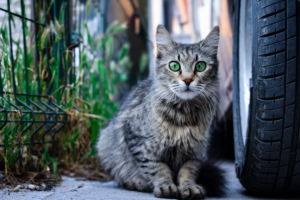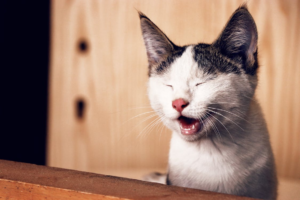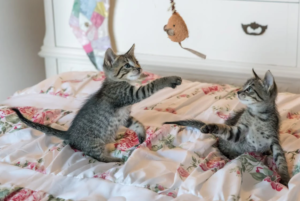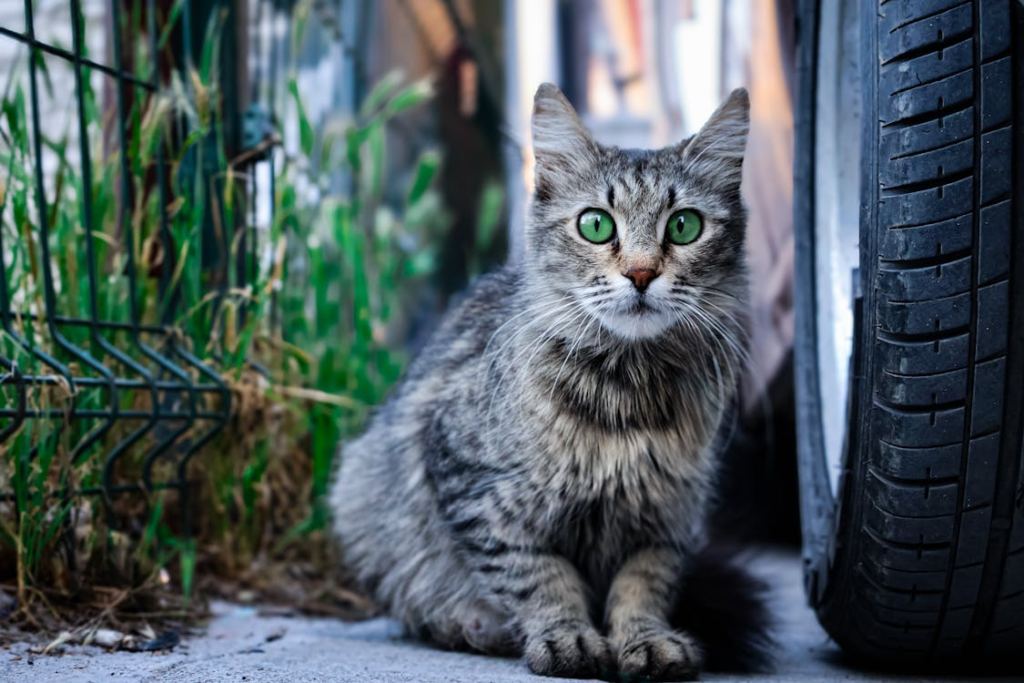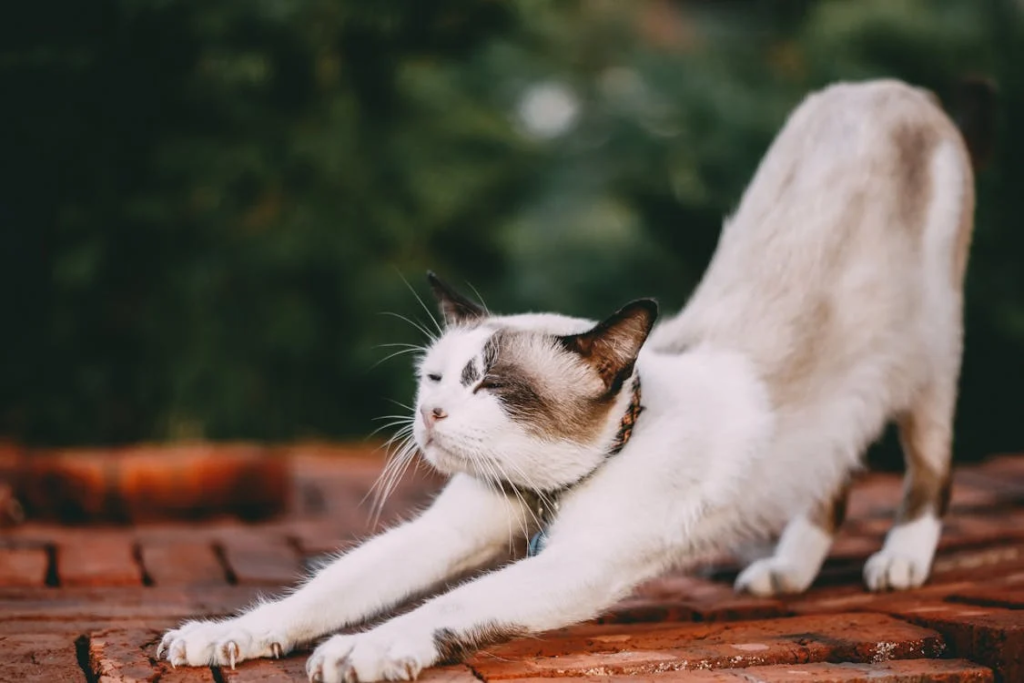Introduction
Is your furry friend sneezing up a storm or looking a bit under the weather? Chances are, they might have caught a case of the sniffles. Just like us humans, cats can come down with colds, and it’s no fun for anyone involved. But don’t worry – we’ve got you covered with some purr-fect home remedies to help your kitty feel better in no time. In this guide, we’ll explore the ins and outs of cat colds, share some tried-and-true home treatments, and let you know when it’s time to call in the pros. So, grab a cup of tea (or catnip, if you’re feline inclined) and let’s dive in!
Understanding Cat Colds
Before we jump into remedies, let’s talk about what we’re dealing with here. Cat colds, also known as upper respiratory infections (URIs), are usually caused by viruses or bacteria. The most common culprits are:
- Feline herpesvirus
- Feline calicivirus
- Bordetella bronchiseptica (less common)
Symptoms to Watch For
Keep an eye out for these signs that your cat might be feeling under the weather:
- Sneezing
- Runny nose or eyes
- Congestion
- Coughing or wheezing
- Loss of appetite
- Fever
- Lethargy
- Mouth ulcers (in some cases)
Now that we know what we’re up against, let’s explore some home remedies to help your kitty feel better.
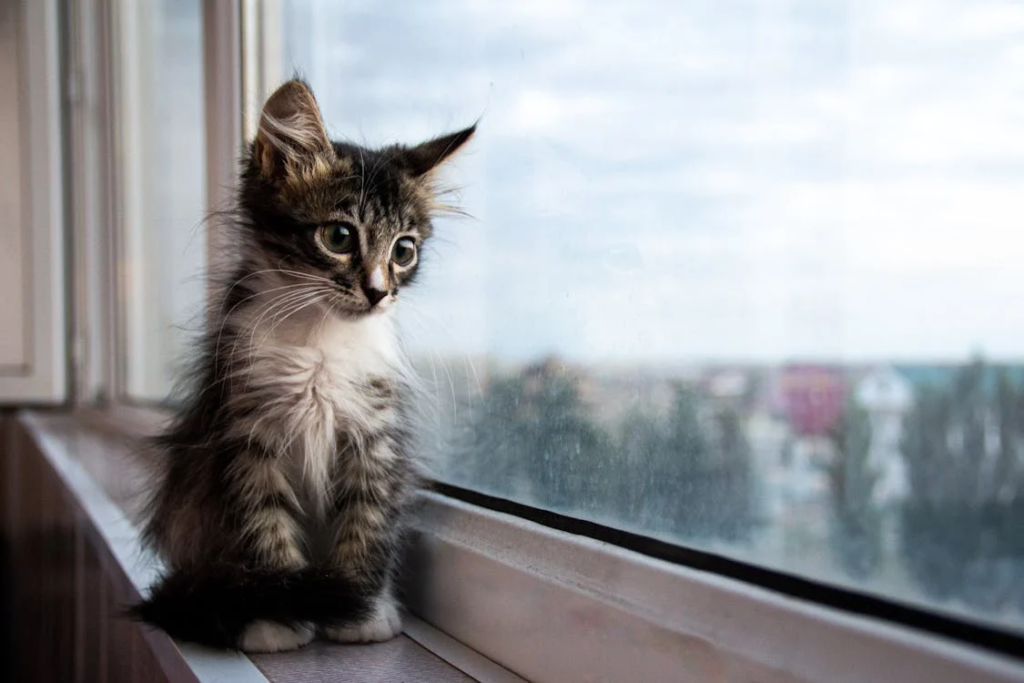
10 Effective Home Remedies for Cat Colds
1. Create a Steamy Environment
Just like with human colds, steam can work wonders for congested kitties. Run a hot shower and let your cat hang out in the bathroom for 10-15 minutes. The steam will help loosen mucus and make breathing easier.
2. Use a Humidifier
If your cat’s not a fan of the bathroom sauna, try setting up a humidifier in the room where they spend the most time. This will help keep the air moist and soothe irritated airways.
3. Keep the Nose Clean
Gently wipe your cat’s nose with a warm, damp cloth to remove any discharge. This will help them breathe more easily and prevent crusty build-up.
4. Encourage Hydration
Staying hydrated is crucial when fighting off a cold. Encourage your cat to drink more by:
- Offering fresh water frequently
- Using a pet water fountain
- Adding a bit of low-sodium chicken broth to their water
5. Boost Their Appetite
Cats with colds may lose their appetite, but it’s important they keep eating.
- Warming up their food slightly to enhance the smell
- Offering strong-smelling foods like tuna or sardines
- Using appetite stimulants (consult your vet first)
6. L-Lysine Supplements
L-Lysine is an amino acid that can help boost the immune system and fight off viral infections. Consult your vet for the appropriate dosage for your cat.
7. Vitamin C
While cats produce their own vitamin C, a little extra during illness can help. Ask your vet about the right dosage and form for your feline friend.
8. Echinacea
This herb can help boost the immune system. Look for pet-specific formulations and follow dosage instructions carefully.
9. Essential Oils (With Caution)
Some essential oils, like eucalyptus, can help with congestion. However, many essential oils are toxic to cats, so always consult your vet before using any aromatherapy treatments.
10. Rest and TLC
Sometimes, the best medicine is simply rest and lots of love. Create a quiet, comfortable space for your cat to recuperate and spend some quality cuddle time together.
When to See a Vet
While home remedies can be effective for mild cases, some situations require professional help. Contact your vet if:
- Symptoms persist for more than 7-10 days
- Your cat stops eating or drinking
- Breathing becomes labored or noisy
- Eye or nose discharge becomes thick or discolored
- Your cat seems to be in pain
- You notice any sudden changes in behavior
Prevention is Better Than Cure
To help keep your cat cold-free in the future, consider these preventive measures:
- Keep vaccinations up to date
- Reduce stress in your cat’s environment
- Maintain good hygiene (clean litter boxes, food bowls, etc.)
- Boost your cat’s immune system with a healthy diet and supplements (as recommended by your vet)
For more information on feline health and preventive care, check out the Cornell Feline Health Center.
Conclusion
There you have it – ten effective home remedies to help your sniffly kitty feel better, plus some tips on when to seek professional help. Remember, while these remedies can provide relief, they’re not a substitute for veterinary care in severe cases. By staying vigilant and providing lots of TLC, you can help your feline friend bounce back from a cold in no time. Here’s to happy, healthy kitties and fewer sneezes all around!

